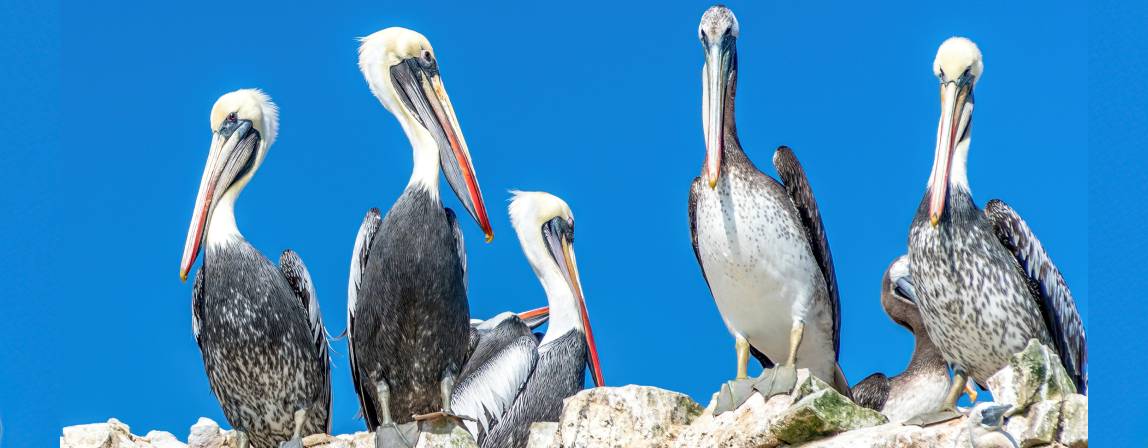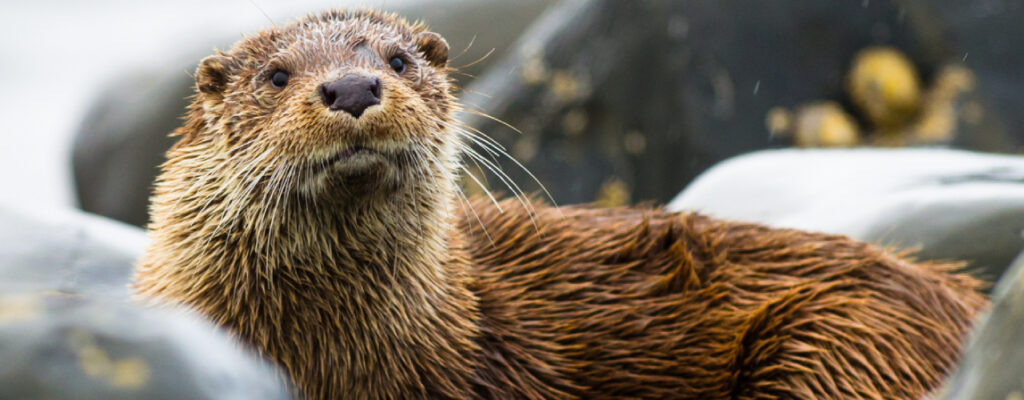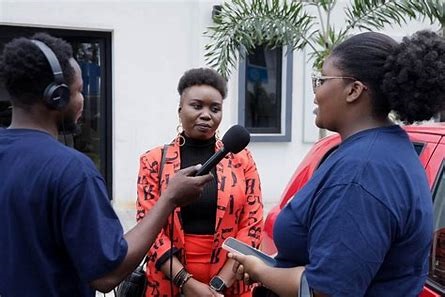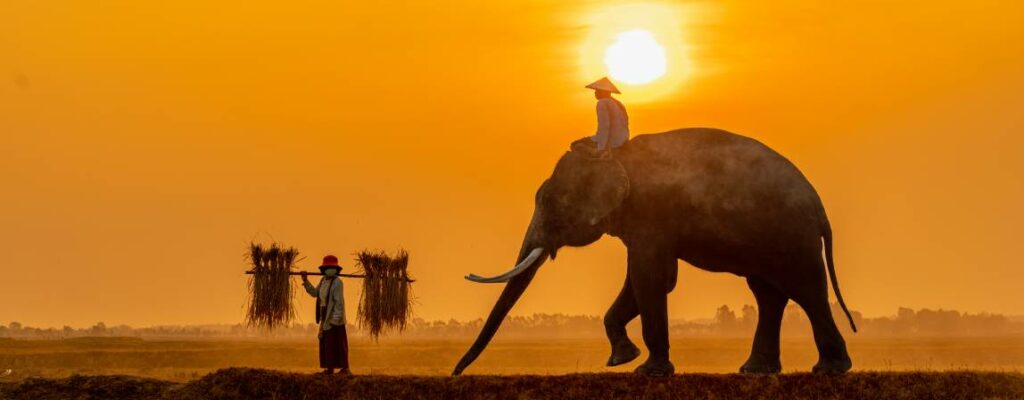Around the world Posted on 2024-08-02 09:21:35
WOAH actions
Changing the narrative around wildlife health: bringing WOAH into the 21st century
Keywords
Authors
S. Muset *, K. Hamilton, C. Cayol, A.L Harnecke, D. Shetty
Preparedness & Resilience Department, World Organisation for Animal Health (WOAH), Paris, France
* Corresponding author
Pelicans in Peru
In 2023, WOAH released a video highlighting the impact of avian influenza on wild Peruvian pelicans to widen the discussion from the usual veterinary public health perspective to a broader way of thinking. Wildlife is an essential part of our ecosystems, contributing to global health and the economy, and so wildlife health deserves as much investment and attention as domestic animal health.
The video shows the cascading impact of the wild bird population crash from avian influenza on the entire ecosystem. This includes further transfer of the pathogen to sea mammals, and, consequently, to a loss of biodiversity, disruptions in ecosystem function and, eventually, economic losses for people who depend on guano for their livelihood. For the first time, WOAH put wildlife at the centre of the discussion, via a disease that has traditionally been seen as a concern mostly for poultry farmers and Veterinary Services.
Changing the narrative
This change of narrative is one of the first steps taken by WOAH to transform the way Veterinary Services consider wild animal species. While transboundary diseases are at the centre of international debate, wild species not only pose a risk as a reservoir for pathogens, but also fulfil key ecological functions, including maintaining the biodiversity that has often been acknowledged as diluting the spread of pathogens. For this reason, wild animal species should be fully considered in comprehensive health surveillance plans and strategies.
The way forward
In 2020, WOAH launched its Wildlife Health Framework (WHF), which aims to protect wildlife health. The WHF has been the main strategic and operational tool for WOAH to activate this paradigm shift. By integrating wild animal health issues more effectively into its core activities and engaging with key partners for the preservation of wild species and their habitats at the global level, WOAH is leading the way to a crucial change among animal health services worldwide, in which all animal health is considered holistically.
https://doi.org/10.20506/bull.2024.1.3500











